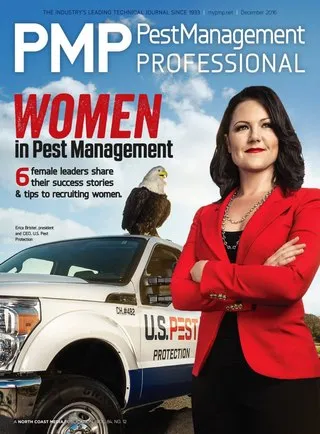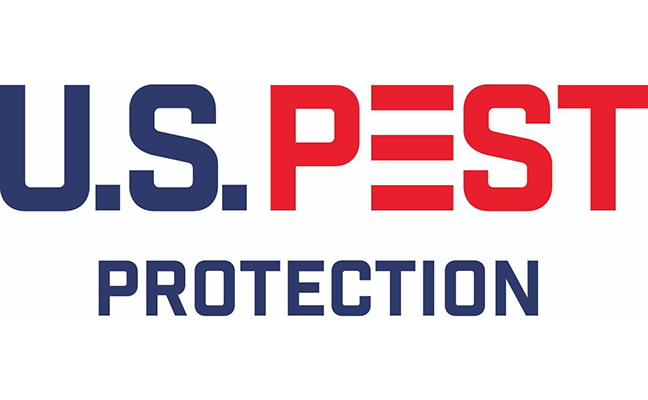As I took a break earlier today from working on our cover story for September, which profiles three successful Green Leaders in the professional pest management industry, I came across a mid-July news item released by a company that was profiled for our December 2016 cover story: U.S. Pest Protection.

The Nashville, Tenn.-based company, led by second-generation pest management professional Erica Brister, publicly announced in a press release that it had “reaffirmed its commitment to protecting human health, food safety, and the environment by providing effective pest solutions that prioritize human health and environmental safety.”
“U.S. Pest is fully aligned with the growing movement to make our food supply and environment cleaner,” Brister said. “We are proud to lead the way in offering pest control solutions that eliminate harmful chemicals like glyphosate while delivering exceptional results for our customers.”

The company’s commitment to this viewpoint includes:
- Safer alternatives: Consistently prioritizing products and techniques that are effective against pests while being low-risk to families, pets and the environment.
- Eco-friendly innovation: Implementing sustainable pest control strategies that protect vital pollinators, such as bees, and prevent contamination of local waterways.
U.S. Pest’s practices align with the national push for cleaner agriculture by prioritizing the safety of families, food production, and ecosystems. Key initiatives include:
- Safeguarding pollinators: As a bee-friendly pest control provider and founder of The Tennessee Honey Festival, U.S. Pest protects vital pollinators essential to agriculture.
- Preventing environmental harm: Using targeted treatments to prevent contamination of local water sources.
- Comprehensive solutions: Conducting thorough inspections and creating customized treatment plans that address pest issues at their source while minimizing chemical exposure.
If your company takes a similar viewpoint, it seems that customers are listening. This is something to consider in your marketing efforts and in conversations with new and even established accounts. It might take a little work up front to articulate what you and your team stand for, and especially to ensure that your team is on the same page regarding the big picture and the talking points. But the end result could help reinforce that professional pest control has the knowledge, the training and most of all, the desire to solve pest problems while protecting public health.
Leave A Comment